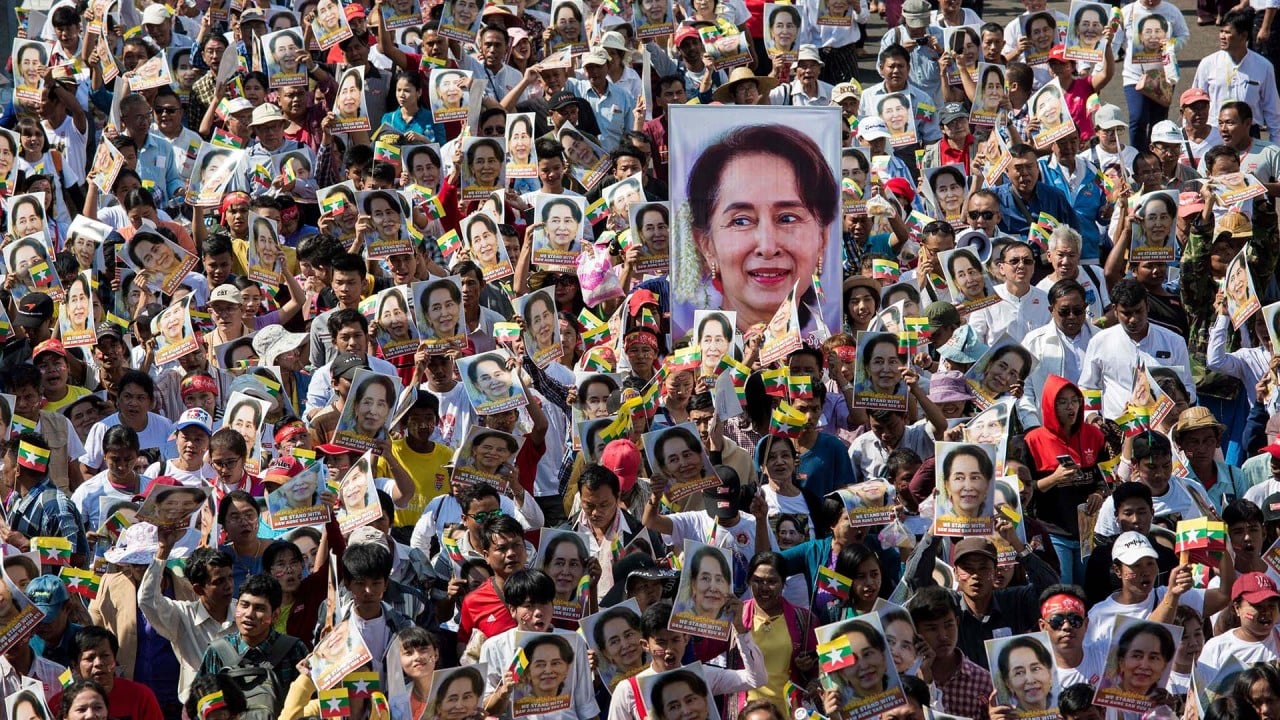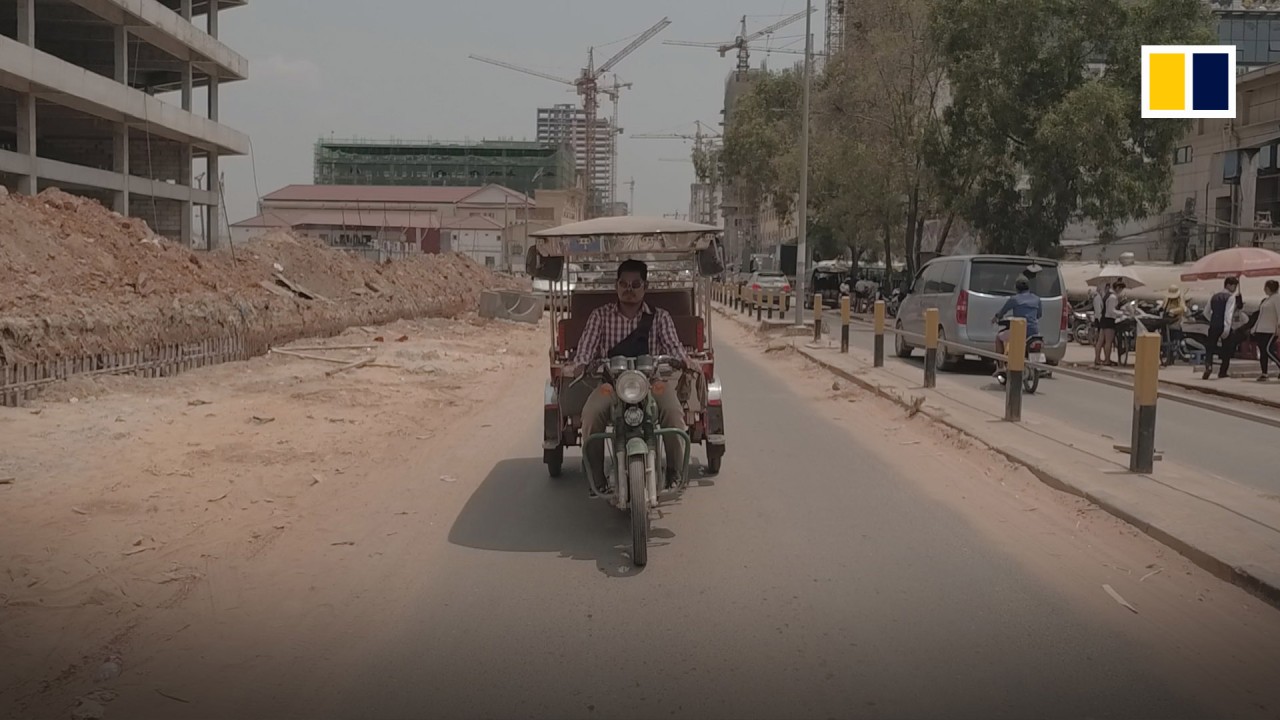
How Hun Sen’s ‘cowboy diplomacy’ risks returning Asean to crisis and division
- Hun Sen’s return as Asean chair has already sparked controversy after he unilaterally lifted the regional body’s sanctions against the Myanmar junta
- Given his previous tenure, he is likely to make full use of his powers to shape Asean’s priorities to fit China’s preferences
While there are signs of a potential thaw within Asean, Hun Sen is widely expected to maximise his chairmanship privileges to shape the grouping’s stance on high-stakes issues from Myanmar to the South China Sea. Crucially, his chairmanship is expected to echo China’s strategic preference at the expense of the United States and its regional allies.
Asean is a ubiquitous element in Indo-Pacific affairs, yet few truly appreciate its complex dynamic of decision-making. In reality, the regional body is far from a monolithic organisation, having had its moments of glory as well infamy throughout the years.
First, it is known for its emphasis on consensus and consultation as the twin pillars of its decision-making process, thus its preference for diplomatic moderation.
Less well-known is its successful deployment of majority-based decision-making – known as the “Asean minus X” formula – to negotiate high-stakes agreements, including a regional free trade area.
But the third crucial element is the power of the rotationally designated Asean chair, which is held by the respective leader of each member state every year. The Asean chair has the prerogative to shape the agenda and priorities of the regional body for a full year while also enjoying the power to issue a unilateral chairman’s statement when disagreement emerges over contentious issues.
Myanmar has ‘ingredients for civil war’, Cambodia warns
The upshot was a massive diplomatic crisis. Open spats emerged between the Cambodian and Philippine leaders, and Indonesia made desperate diplomatic interventions to prevent Asean’s disintegration.
Given this tempestuous background, Hun Sen’s cowboy diplomacy shouldn’t be a surprise. It’s unlikely that he will fully replicate his destabilising behaviour from a decade ago, but his chairmanship will remain contentious for three reasons.
This brings us to the second element, namely his stance on Myanmar. Both Hun Sen and China are strong supporters of engagement with Myanmar. Similar to Beijing, the Cambodian leader believes in the primacy of restoring order, even at the cost of sidelining the Asean-led “Five Point Consensus”, which calls for swift reinstitution of democratic institutions in Myanmar as part of a broader road map to peace.

Finally, Hun Sen is expected to reflect China’s preference in dealing with the South China Sea disputes, though the Cambodian foreign ministry has emphasised the importance of international law as a basis to manage regional maritime disputes.
Overall, Hun Sen’s cowboy diplomacy echoes his prior stint as Asean chairman. Whether this triggers further crisis or inspires greater unity among core Southeast Asian states, which prefer a more robust regional stance on Myanmar and the South China Sea, remains to be seen.
Richard Heydarian is a Manila-based academic and author of “Asia’s New Battlefield: US, China and the Struggle for Western Pacific” and the forthcoming “Duterte’s Rise”



